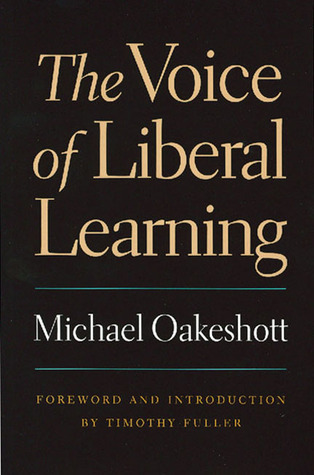What do you think?
Rate this book


233 pages, Hardcover
First published October 1, 2001
This inherent 'freedom' of a human being lies not only in his ability to make statements expressing his understanding, but also in the world's being for him what he understands it to be, and in his being what he understands himself to be. A human being is 'free', not because he has 'free will', but because he is in himself what he is for himself.